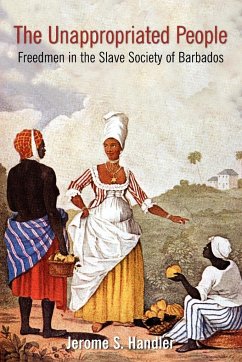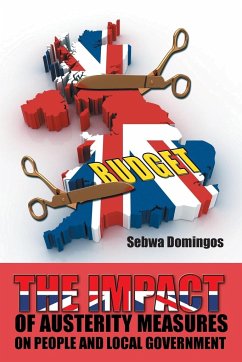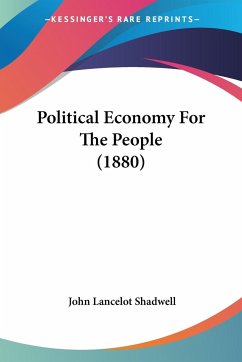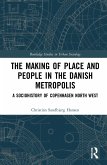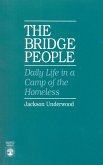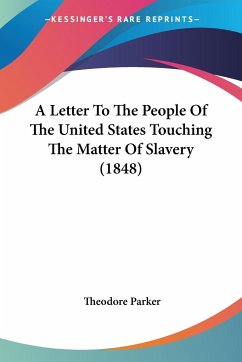This classic examination of the freedmen in the slave society of Barbados was first published in 1974 and has not been widely available for years. Reissued now with a new introduction by Melanie Newton that places the work in the context of the historiography of studies of Caribbean free-coloured populations, this classic is now available to a new generation of scholars and students. The work remains the only treatment of the free people of colour of Barbados from the earliest periods of the slave society to emancipation in 1834 and provides the most detailed discussion of the manumission process for any British West Indian society. Allowed certain rights and privileges not extended to slaves but denied others reserved for whites, the social status of the free people was ambiguous. Thus there was wide latitude for varying interpretations of what their position should be, but Handler shows how the freedmen=s struggle for civil rights was a collective effort to maximize their free status and to avoid a position of permanent intermediacy between white and enslaved. Using the petitions and addresses written by the freedmen themselves, Handler contends that they neither challenged the notion of a class society nor attempted to deny the upper stratum those privileges commensurate with its rank. They argued that a hierarchically organized society should be based on that set of social and economic criteria that whites used in drawing distinctions among themselves. It was evident, however, that as long as the slave society continued to exist, the freedmen of Barbados would remain an "unappropriated people", neither enslaved nor entirely free.
Hinweis: Dieser Artikel kann nur an eine deutsche Lieferadresse ausgeliefert werden.
Hinweis: Dieser Artikel kann nur an eine deutsche Lieferadresse ausgeliefert werden.

